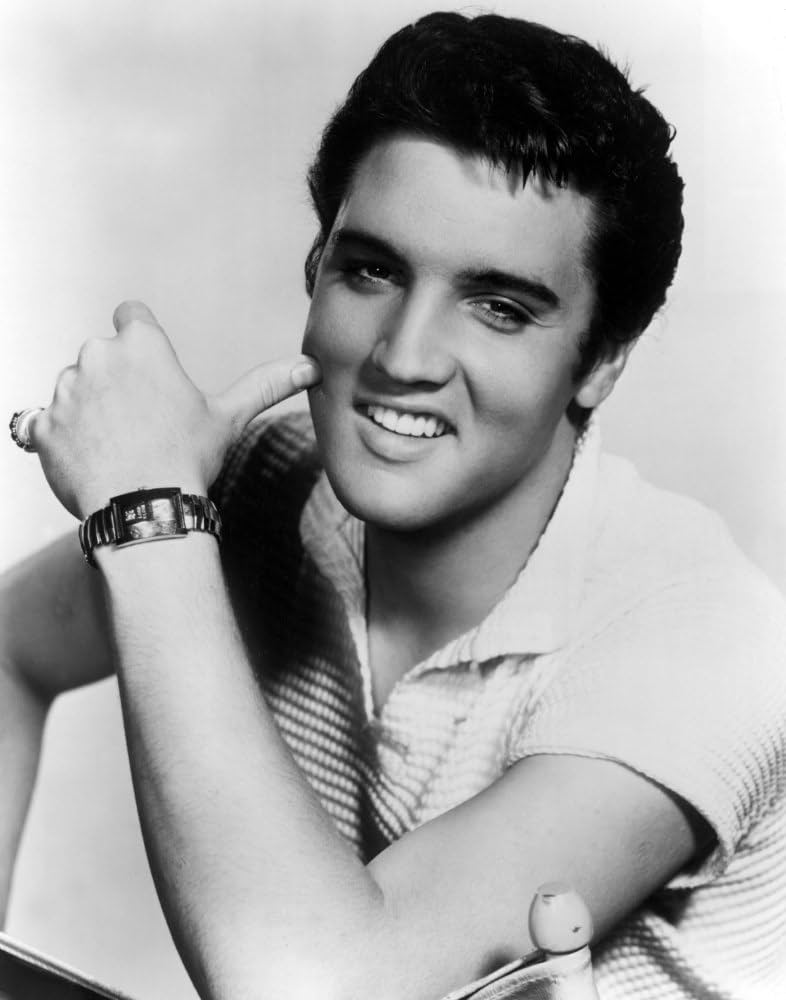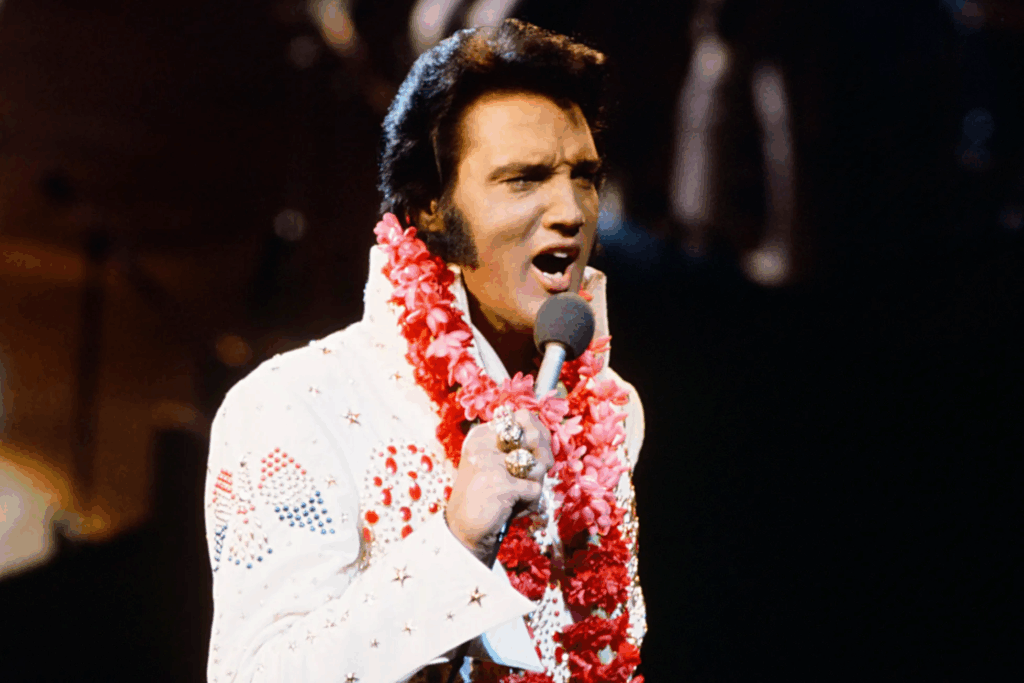LDT “🎸 Elvis Presley: The King Who Changed Music Forever”
When Elvis Presley first stepped into Sun Studio in Memphis in 1954, he wasn’t trying to make history—he just wanted to make music. But with that first recording of “That’s All Right,” he did something no one had ever done before: he bridged worlds. Country met rhythm and blues, gospel met rockabilly—and America met Elvis.

Born in Tupelo, Mississippi, in 1935, Presley grew up surrounded by the soulful sounds of the South—church choirs, blues shacks, and jukeboxes that played everything from Hank Snow to B.B. King. By the time he was 21, the shy truck driver had become a phenomenon. His voice was smooth but raw, his moves scandalous yet electric. To his fans, he wasn’t just a singer—he was freedom in motion.

Hits like Heartbreak Hotel, Hound Dog, and Don’t Be Cruel set new records and new standards. On television, his performances made parents gasp and teenagers cheer. But behind the fame, Elvis remained deeply spiritual and quietly devoted to his mother, Gladys, whose death in 1958 shattered him. Even as he served in the U.S. Army in Germany, the world waited for “the King” to return.
His comeback in 1968, clad in black leather and firelight, proved that time couldn’t dull his power. The ’70s saw him take over Las Vegas—sequined jumpsuits, full orchestras, and that unmistakable voice filling every corner of the room. Yet fame came with a cost. Behind the glitter, Presley battled exhaustion, loneliness, and the pressures of living up to his own legend.
When he died at Graceland in 1977, the world didn’t just lose a singer—it lost a symbol of an era. Elvis had changed everything: how music looked, sounded, and felt. From rock to pop, from swagger to soul, his influence still echoes in every artist who dares to blend genres and break rules.
As one critic once wrote, “Before Elvis, there was nothing.”



